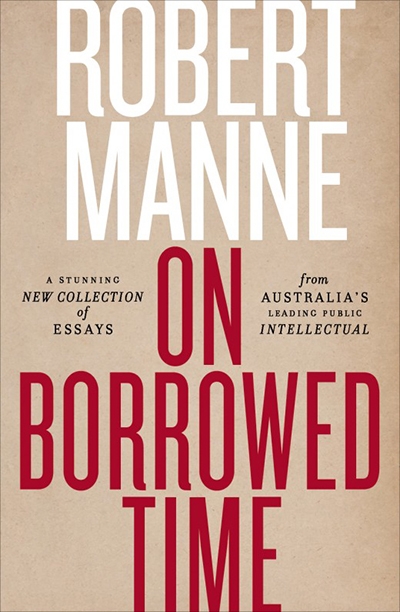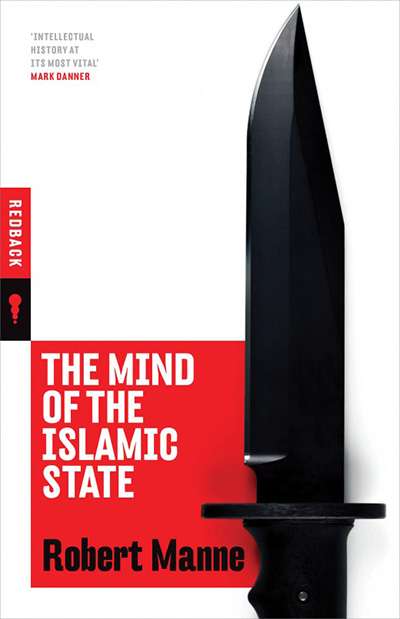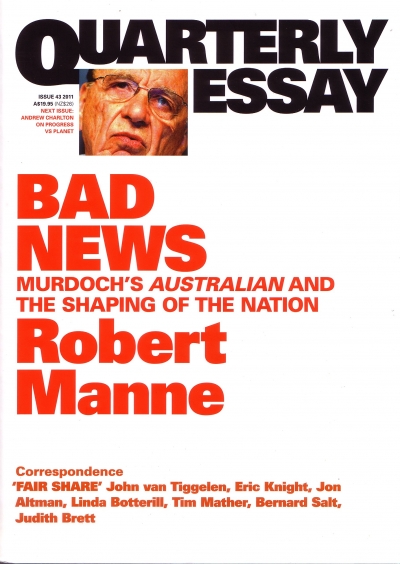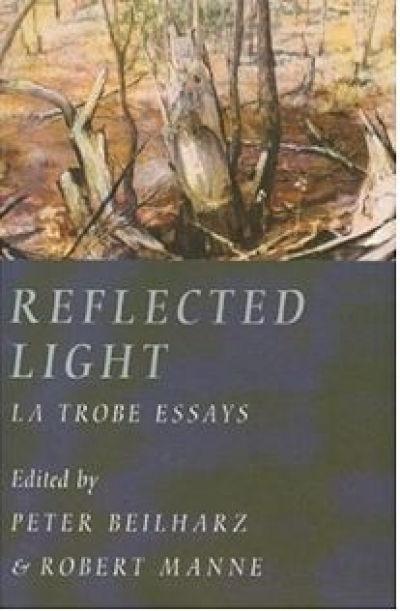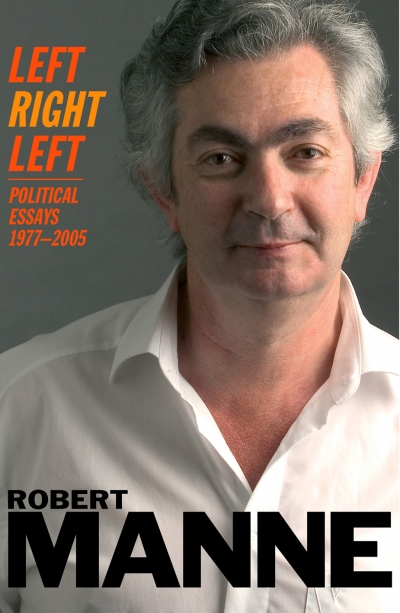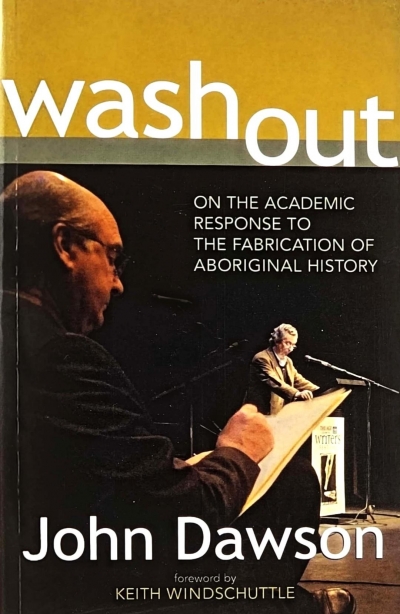Robert Manne
A Political Memoir: Intellectual combat in the Cold War and the culture wars by Robert Manne
by Frank Bongiorno •
Bad News: Murdoch’s Australian and the Shaping of the Nation (Quarterly Essay 43) by Robert Manne
by Robert Phiddian •
Reflected Light: La Trobe essays edited by Peter Beilharz and Robert Manne
by James Ley •
Do Not Disturb: Is the media failing Australia? edited by Robert Manne
by Sylvia Lawson •
ABR welcomes letters from our readers. Correspondents should note that letters may be edited. Letters and emails must reach us by the middle of the current month, and must include a telephone number for verification.
... (read more)ABR welcomes letters from our readers. Correspondents should note that letters may be edited. Letters and emails must reach us by the middle of the current month, and must include a telephone number for verification.
... (read more)

